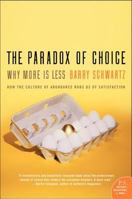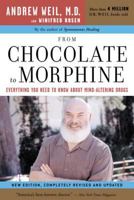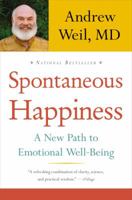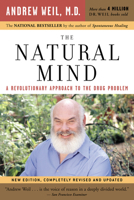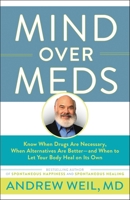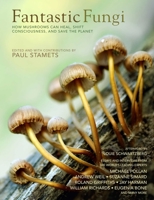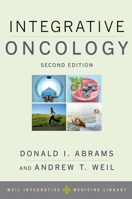The Longevity Kitchen: Satisfying, Big-Flavor Recipes Featuring the Top 16 Age-Busting Power Foods
A collection of 125 delicious whole-foods recipes showcasing 16 antioxidant-rich power foods, developed by wellness authority Rebecca Katz to combat and prevent chronic diseases. Despite our anti-aging obsession and numerous medical advances, life spans are actually shortening because of poor lifestyle decisions. But it doesn't have to be so. Food-as-medicine pioneer Rebecca Katz highlights the top sixteen foods proven to fight the most common chronic conditions. Katz draws on the latest scientific research to explain how super foods such as asparagus, basil, coffee, dark chocolate, kale, olive oil, sweet potatoes, and wild salmon can build immunity, lower cholesterol, enhance memory, strengthen the heart, and reduce your chances of developing diabetes and other diseases. This practical, flavor-packed guide presents the most effective--and delicious--ways to use food to improve the performance of every system in the body. Katz explains the health advantages of each main ingredient, and includes menu plans to address specific symptoms and detailed nutritional information for each recipe. Easy-to-find ingredients are incorporated into a powerful arsenal of tantalizing recipes, including: - Roasted Asparagus Salad with Arugula and Hazelnuts - Costa Rican Black Bean Soup with Sweet Potato - Black Cod with Miso-Ginger Glaze - Herby Turkey Sliders - Thyme Onion Muffins - Yogurt Berry Br l e with Almond Brittle Based on the most up-to-date nutritional research, The Longevity Kitchen helps you feed your family well and live a long and vibrant life.
Format:Hardcover
Language:English
ISBN:1607742942
ISBN13:9781607742944
Release Date:February 2013
Publisher:Ten Speed Press
Length:256 Pages
Weight:2.30 lbs.
Dimensions:0.9" x 7.8" x 10.2"
You Might Also Enjoy
More by Andrew Weil
In an era of plentiful, often radical diet books and scary health newsflashes, the natural, holistic approach of Dr. Andrew Weil provides an oasis of balance and common sense for readers interested in improving their health -- without the aid of bells and whistles.
Customer Reviews
0 customer rating | 0 review
There are currently no reviews. Be the first to review this work.











![Hardcover The Longevity Kitchen: Satisfying, Big-Flavor Recipes Featuring the Top 16 Age-Busting Power Foods [120 Recipes for Vitality and Optimal Health][a Coo Book](https://i.thriftbooks.com/api/imagehandler/m/B3481CC879329747D3D51273426342B67950B8DD.jpeg)













